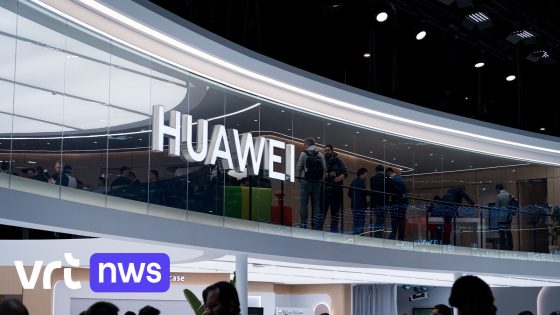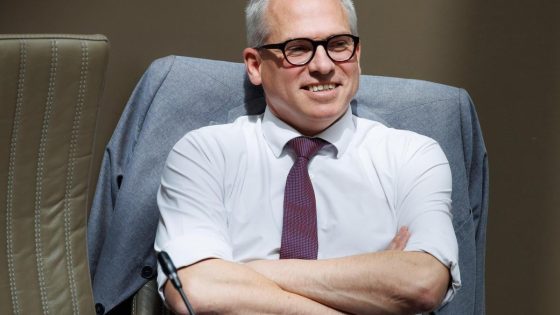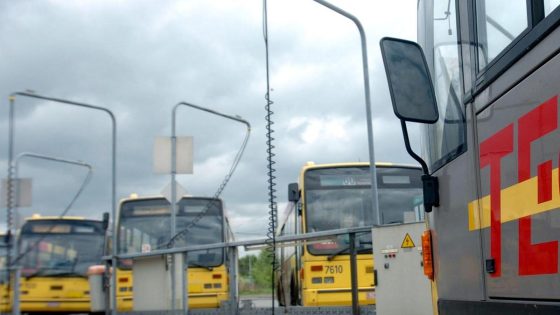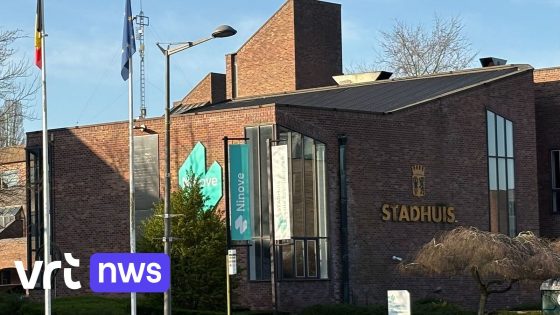Belgium’s federal prosecutor is intensifying investigations into corruption linked to Huawei’s lobbying efforts. The probe focuses on alleged discreet payments and lavish gifts aimed at influencing European parliamentarians. This ongoing case gained renewed attention on 2025-05-21 20:42:00, highlighting concerns over political integrity in EU institutions.
- Investigate Maltese, Bulgarian, Italian parliamentarians
- Refer requests to the legal affairs committee
- Belgian federal prosecutor probes Huawei corruption
- Corruption involves discreet lobbying since 2021
- Includes payments, gifts, and event invitations
- Targets political influence through commercial lobbying
The inquiry involves five MEPs from Malta, Bulgaria, and Italy, whose cases have been forwarded to the European Parliament’s legal affairs committee. The Belgian authorities suspect that from 2021 onward, Huawei engaged in commercial lobbying that crossed legal boundaries through excessive hospitality and financial incentives.
What does this mean for Belgium and its role in EU governance? Could such practices undermine trust in democratic processes? The answers lie in how rigorously these allegations are addressed and what reforms may follow.
Why is this investigation crucial for Belgium? It raises important questions about lobbying regulations and political accountability at the EU level. Key points to consider include:
- The involvement of five MEPs from various EU countries, showing the cross-national scope of the issue.
- Allegations of covert payments and excessive gifts, such as travel and football match invitations, used to influence political decisions.
- The role of Belgium’s federal prosecutor as a watchdog in maintaining ethical standards in EU policymaking.
As the legal affairs committee reviews these cases, Belgium and the EU face a pivotal moment. Will stricter lobbying rules emerge? Belgian citizens and policymakers alike should stay informed and engaged to ensure accountability and protect democratic values.































